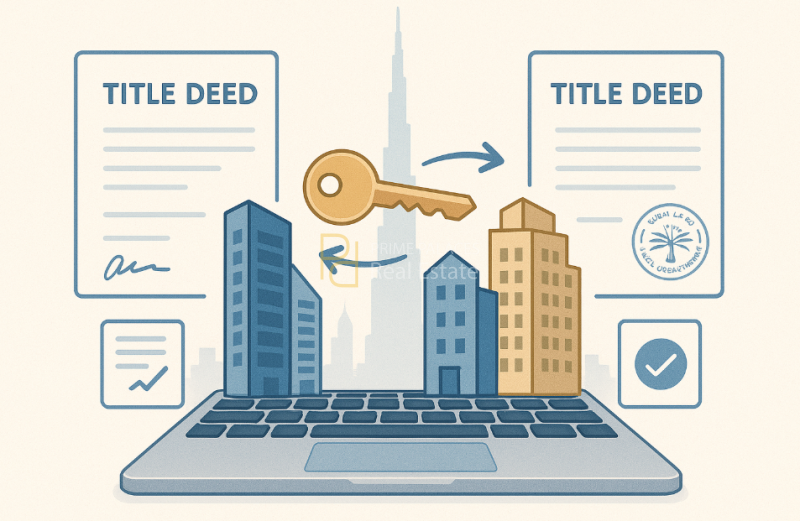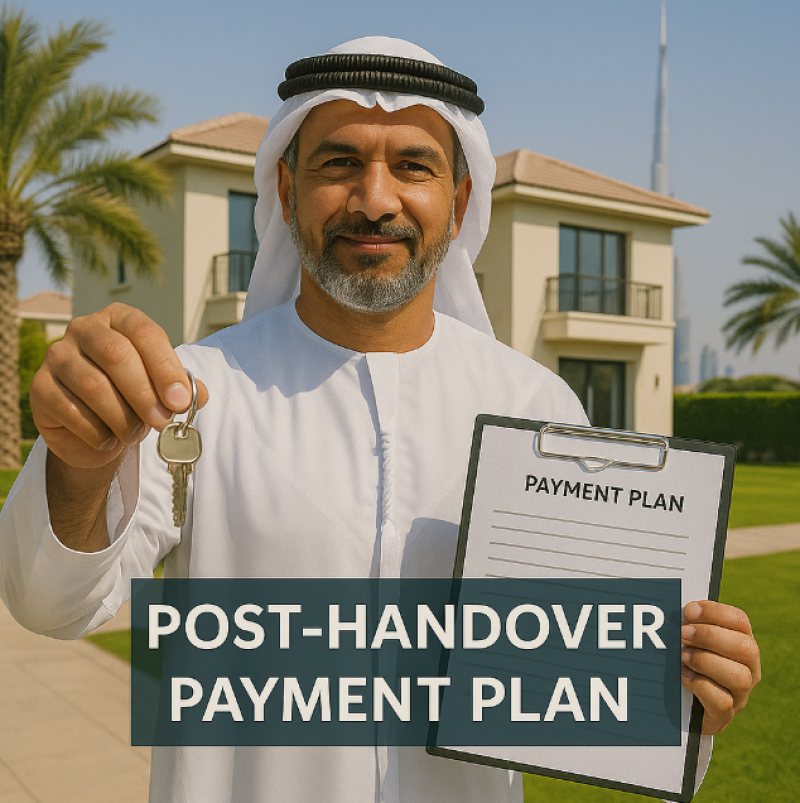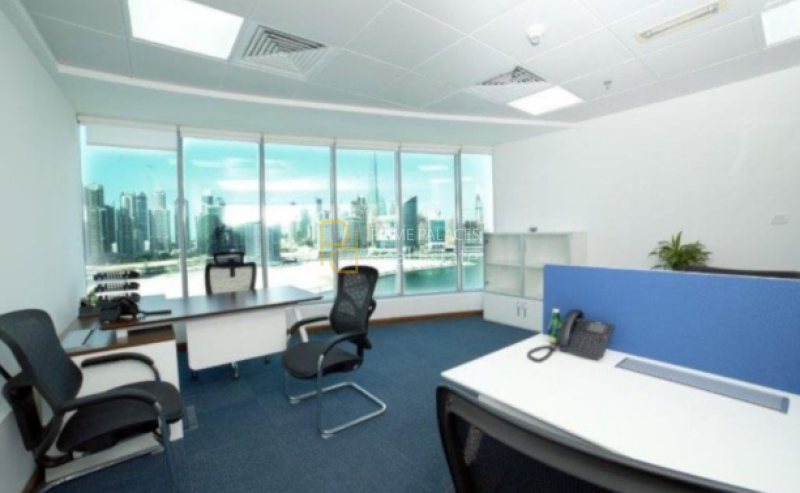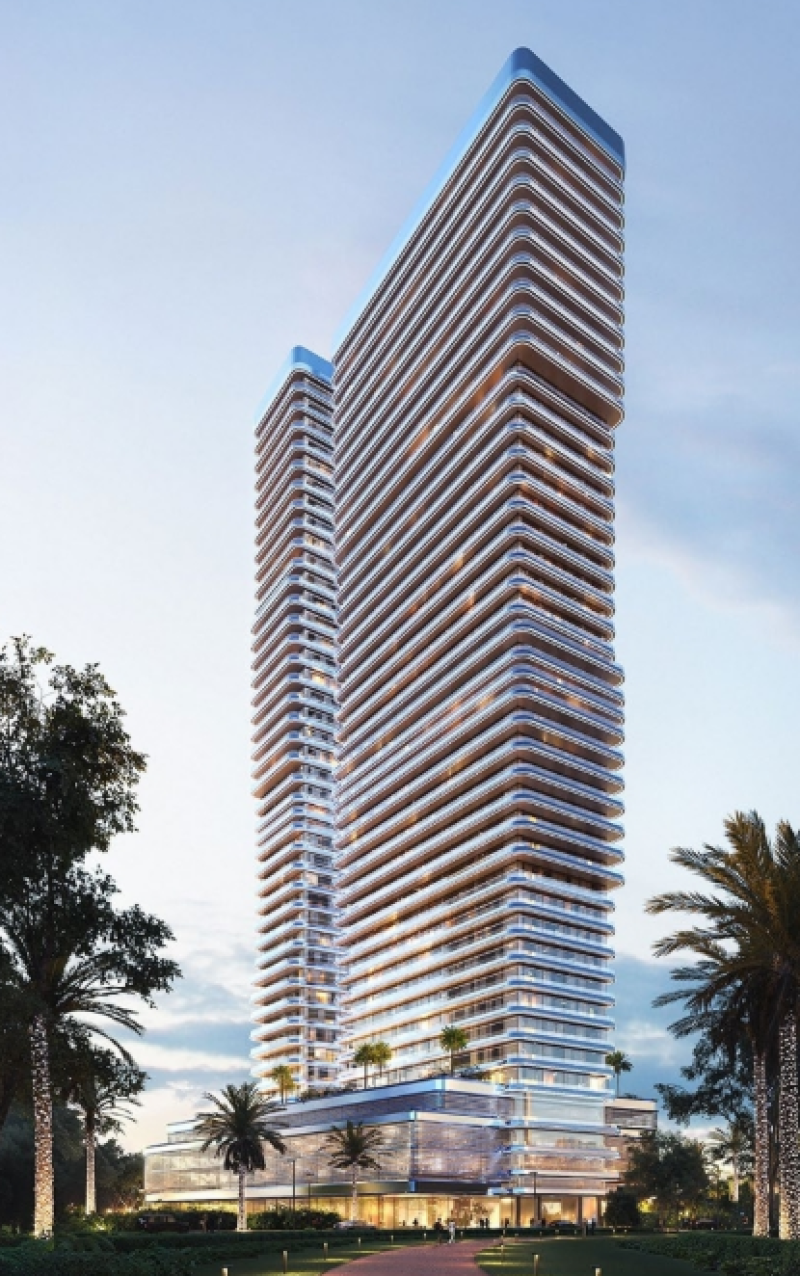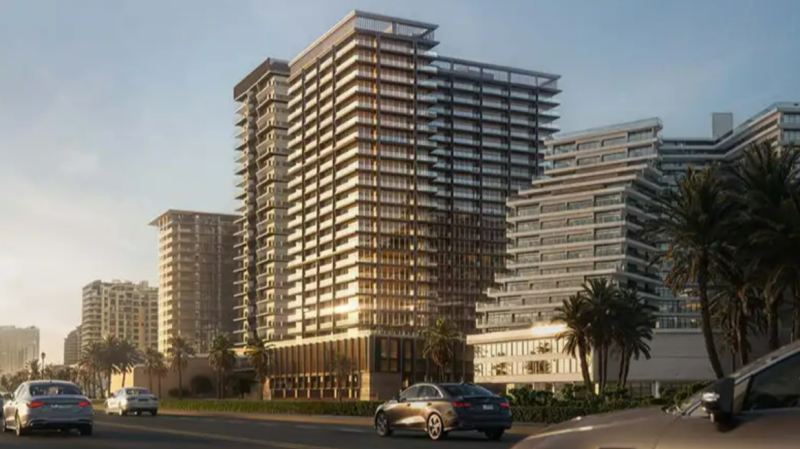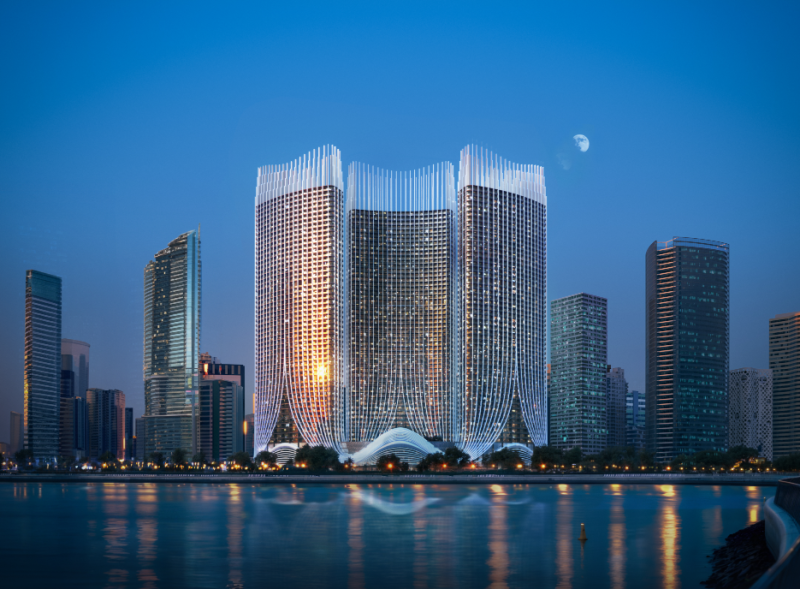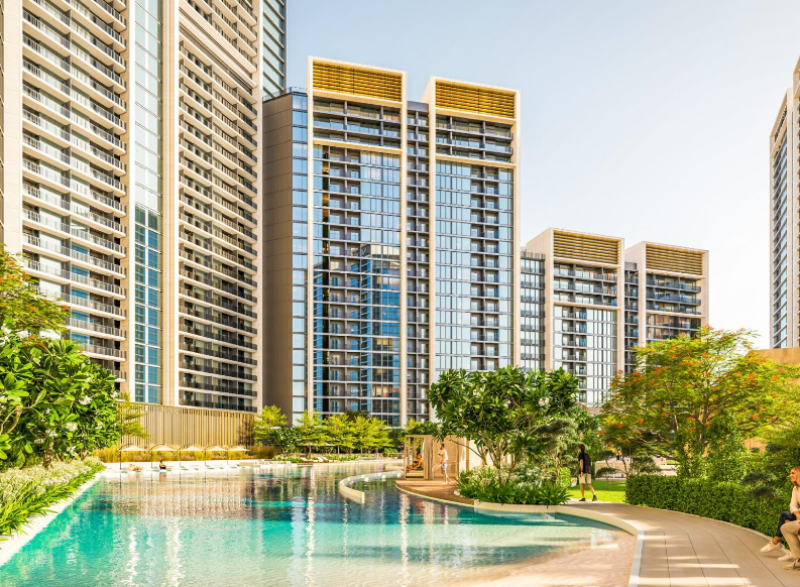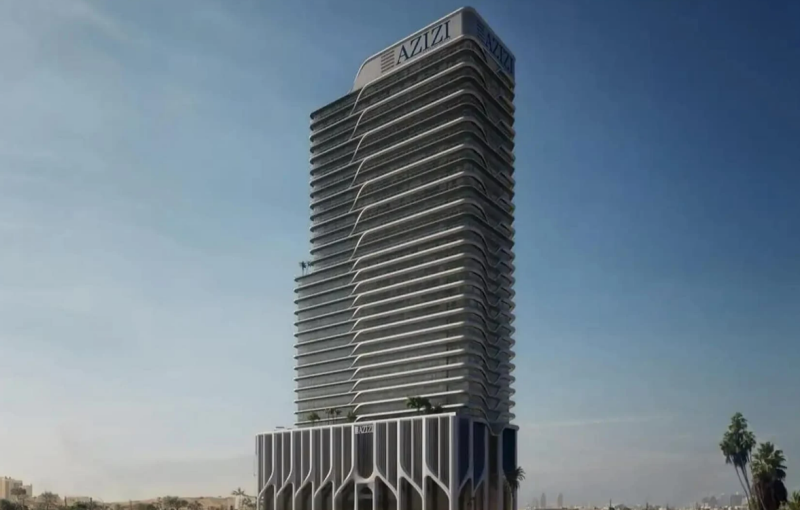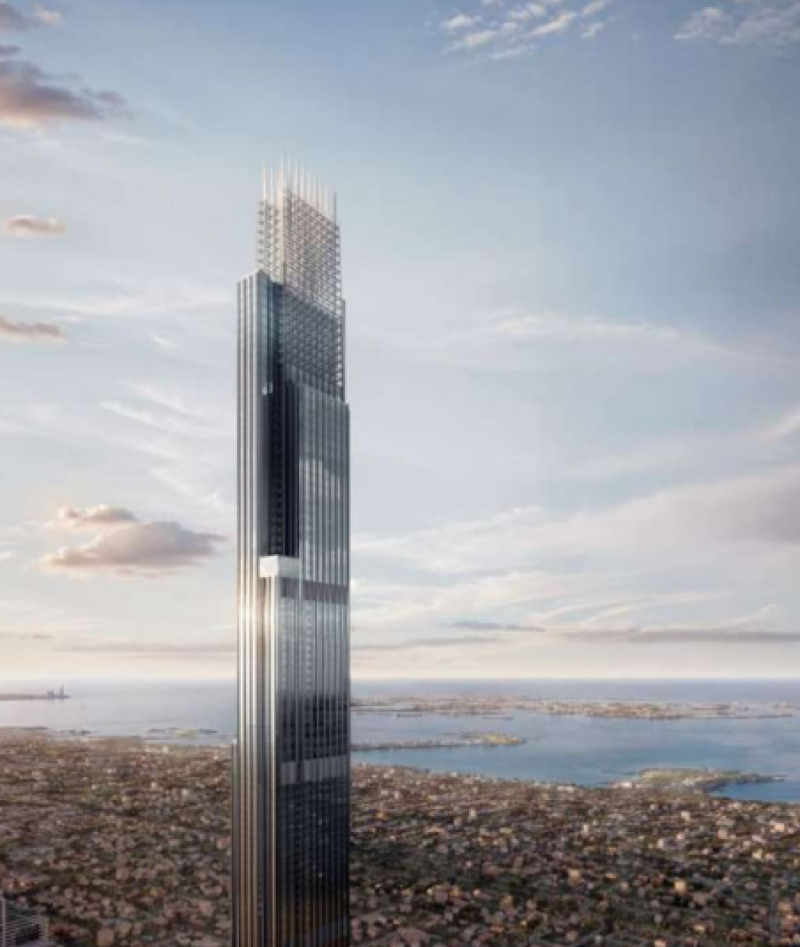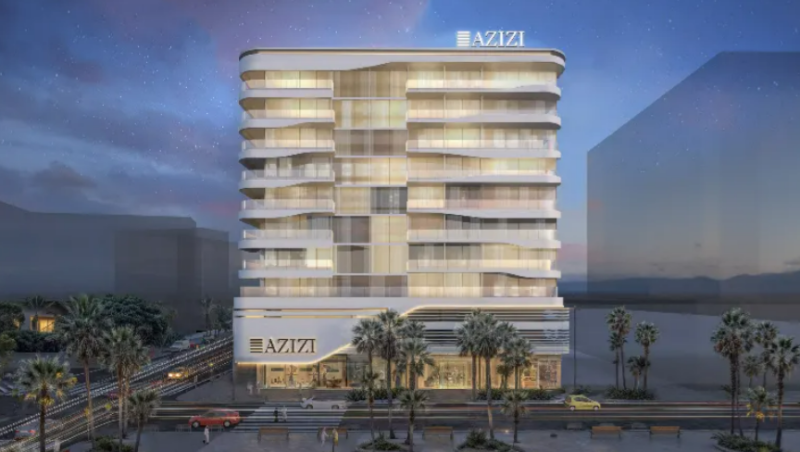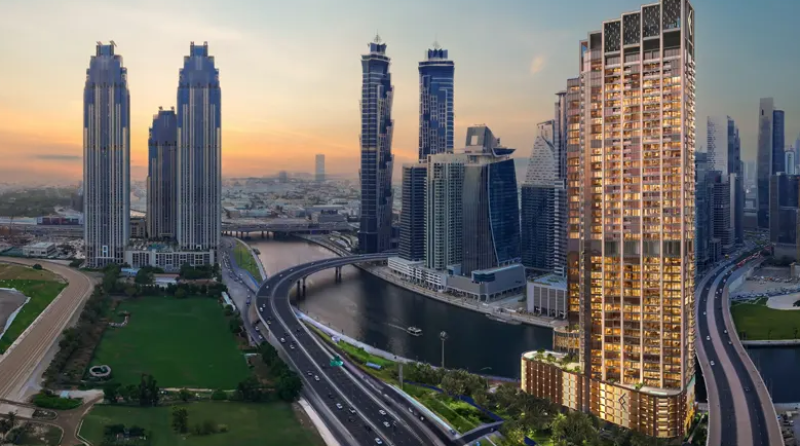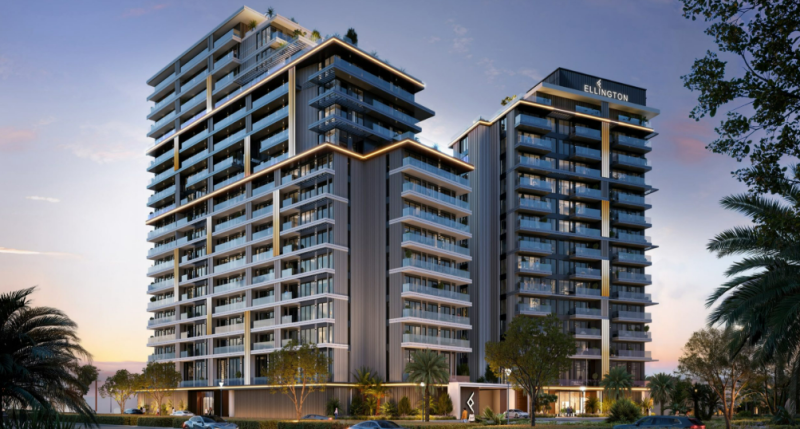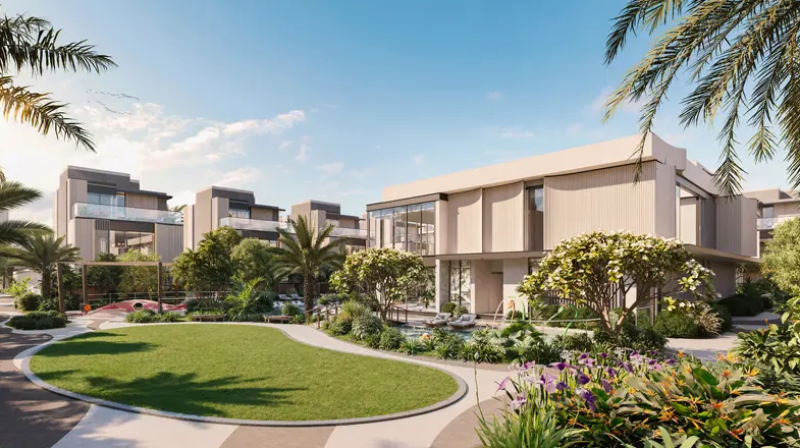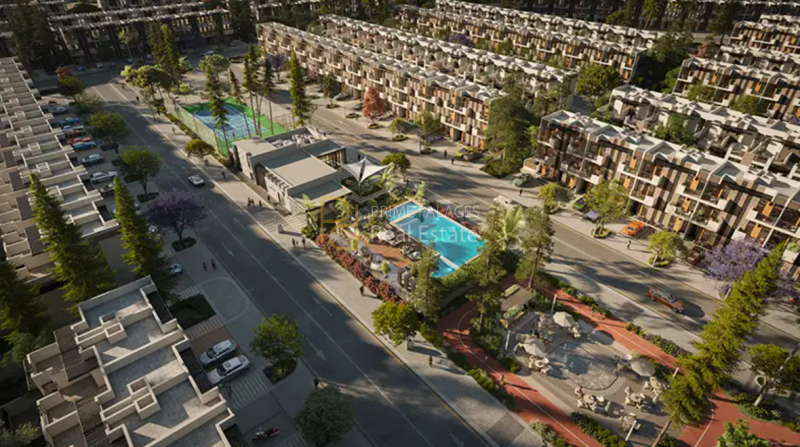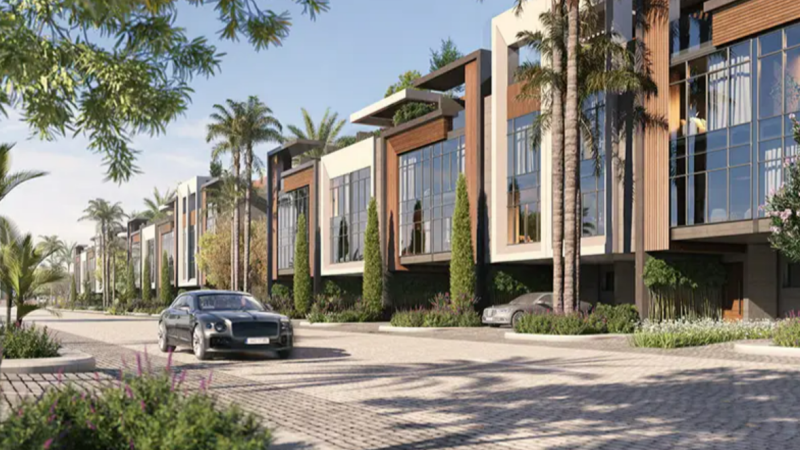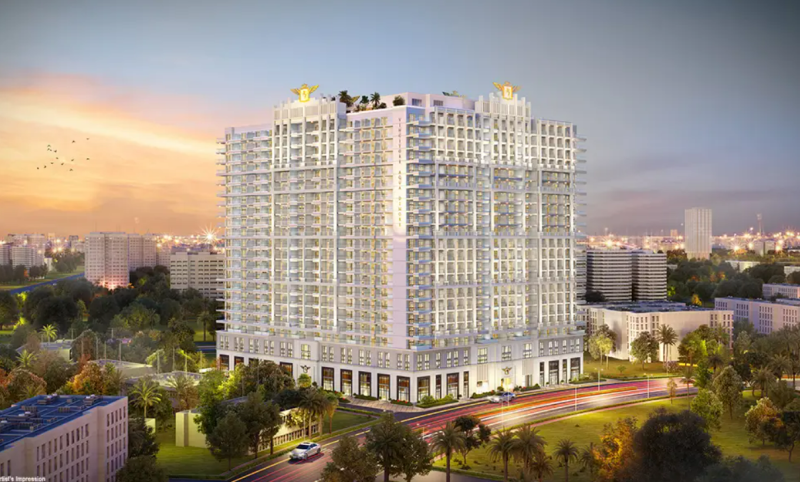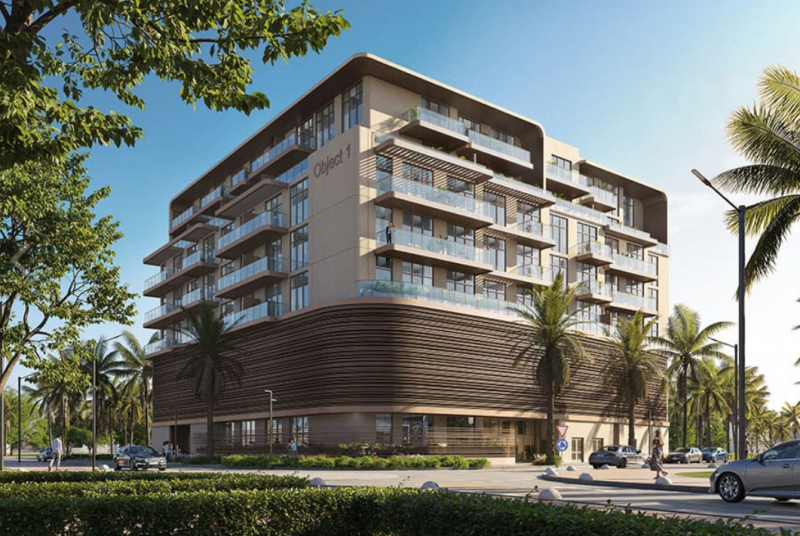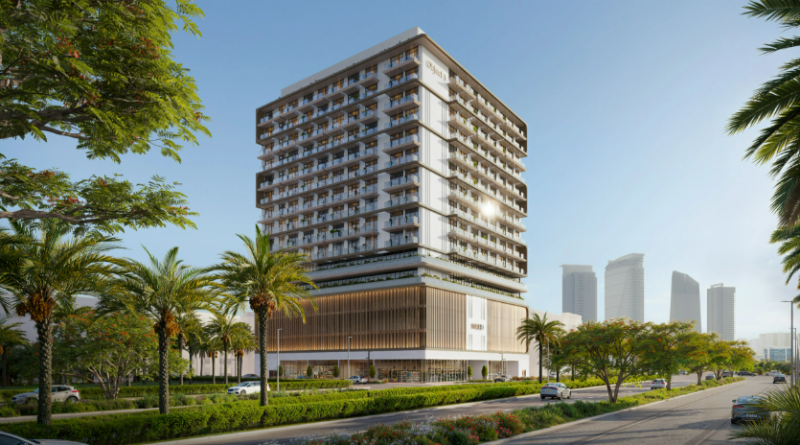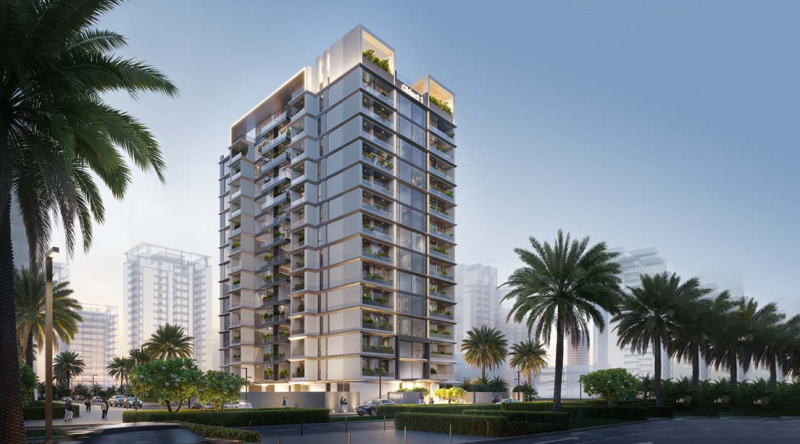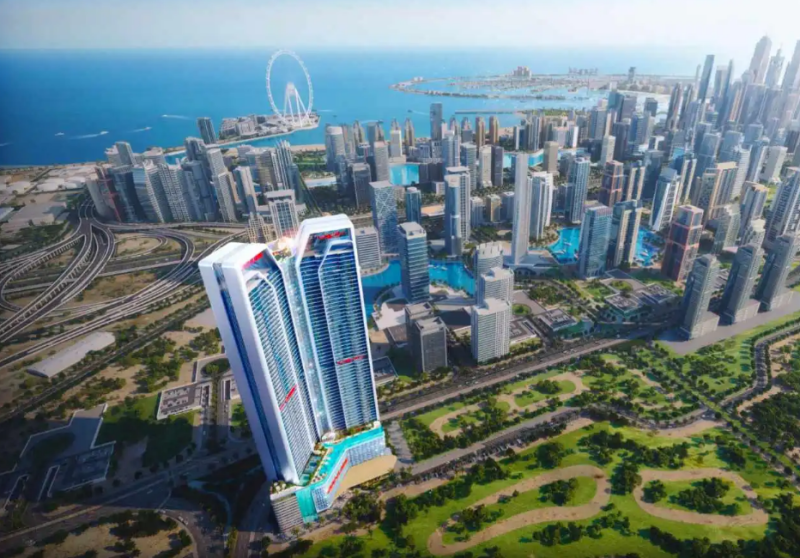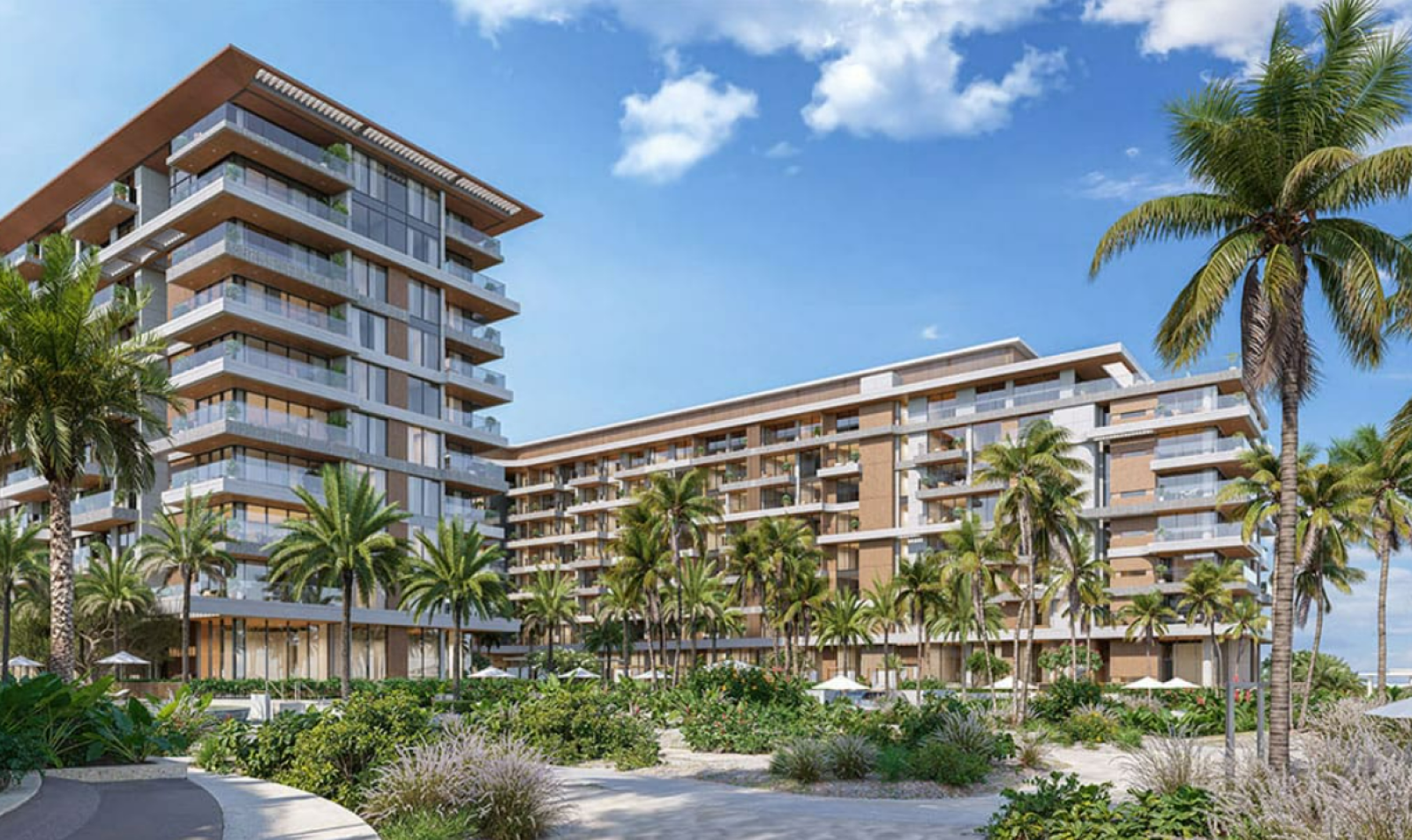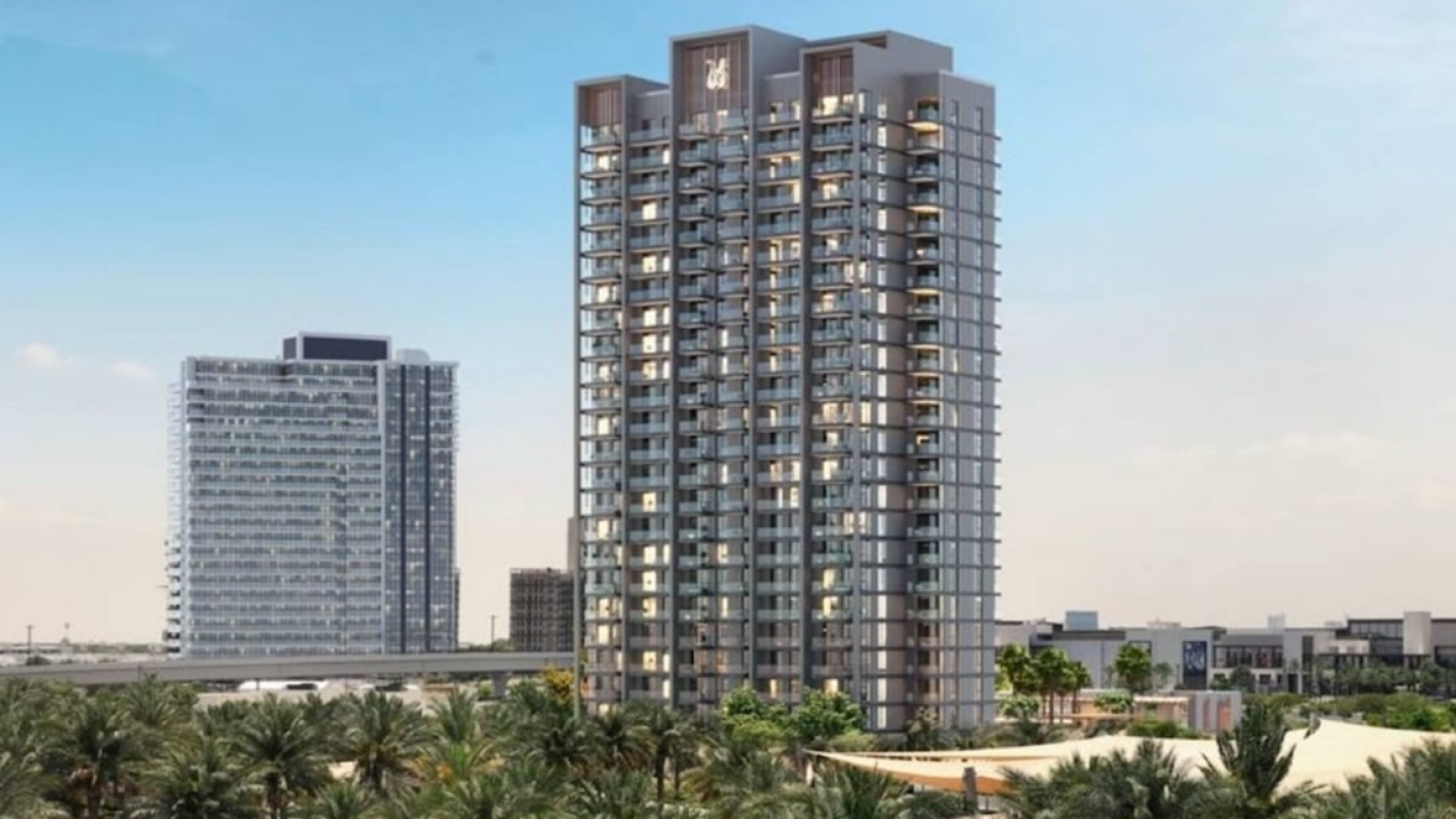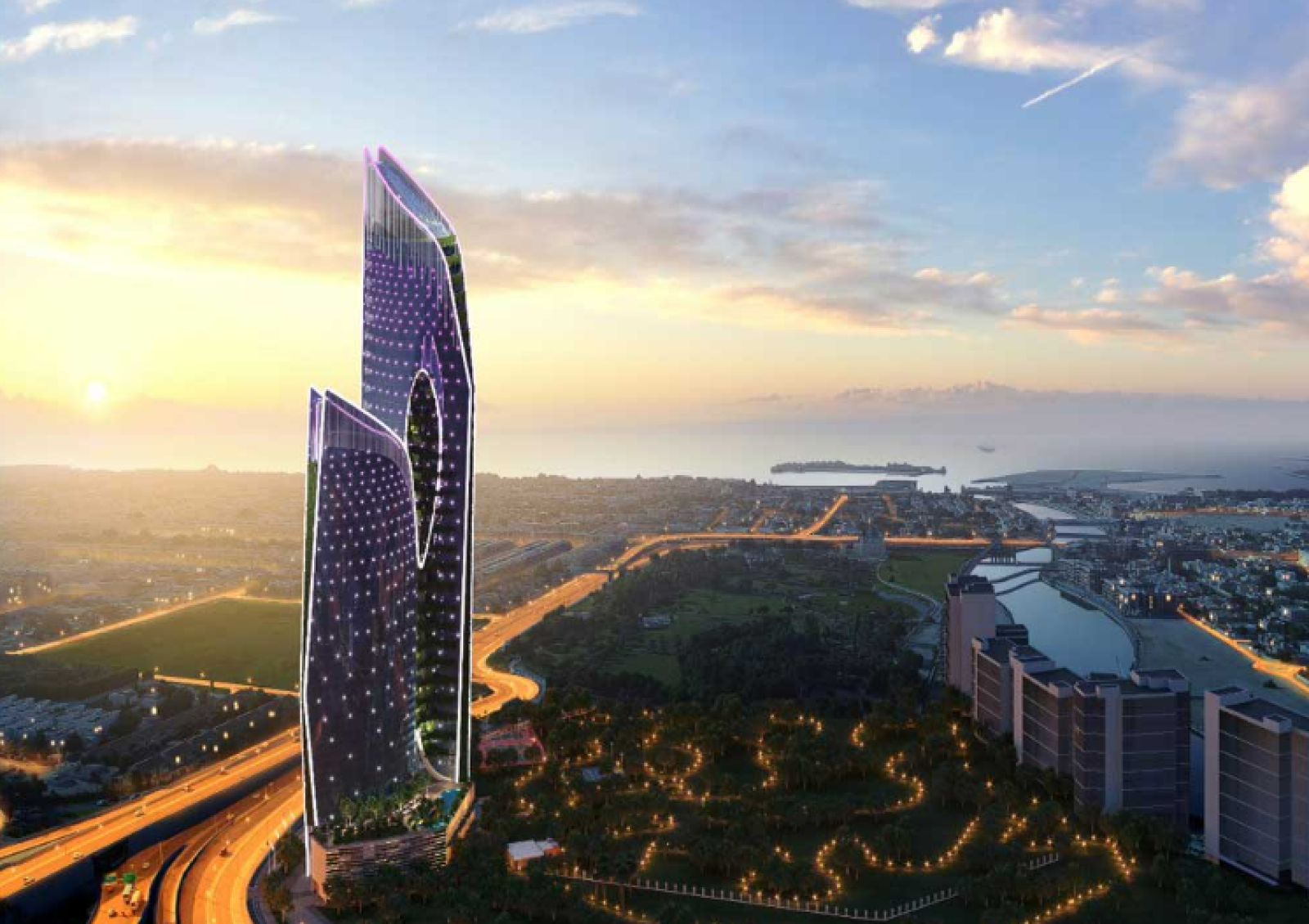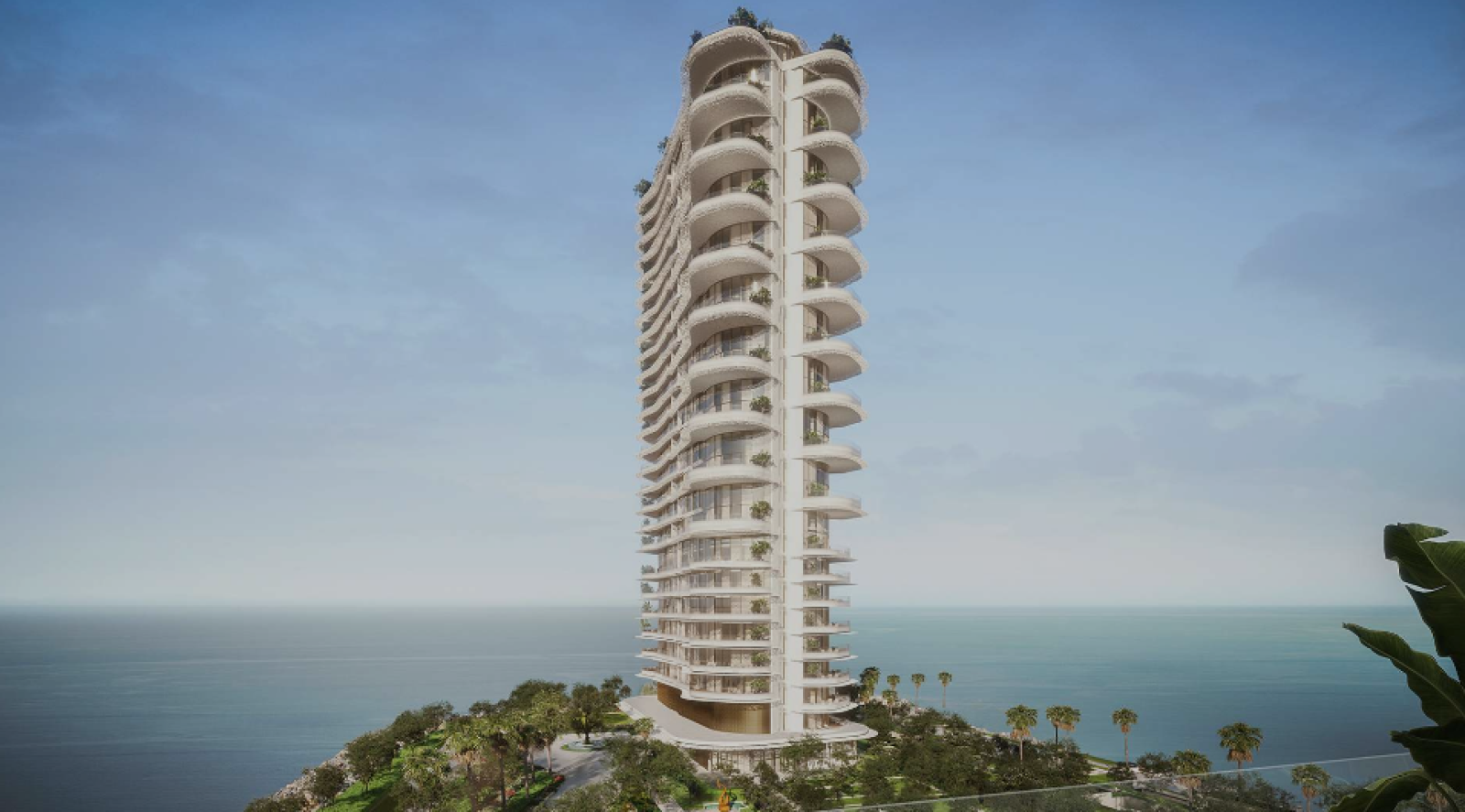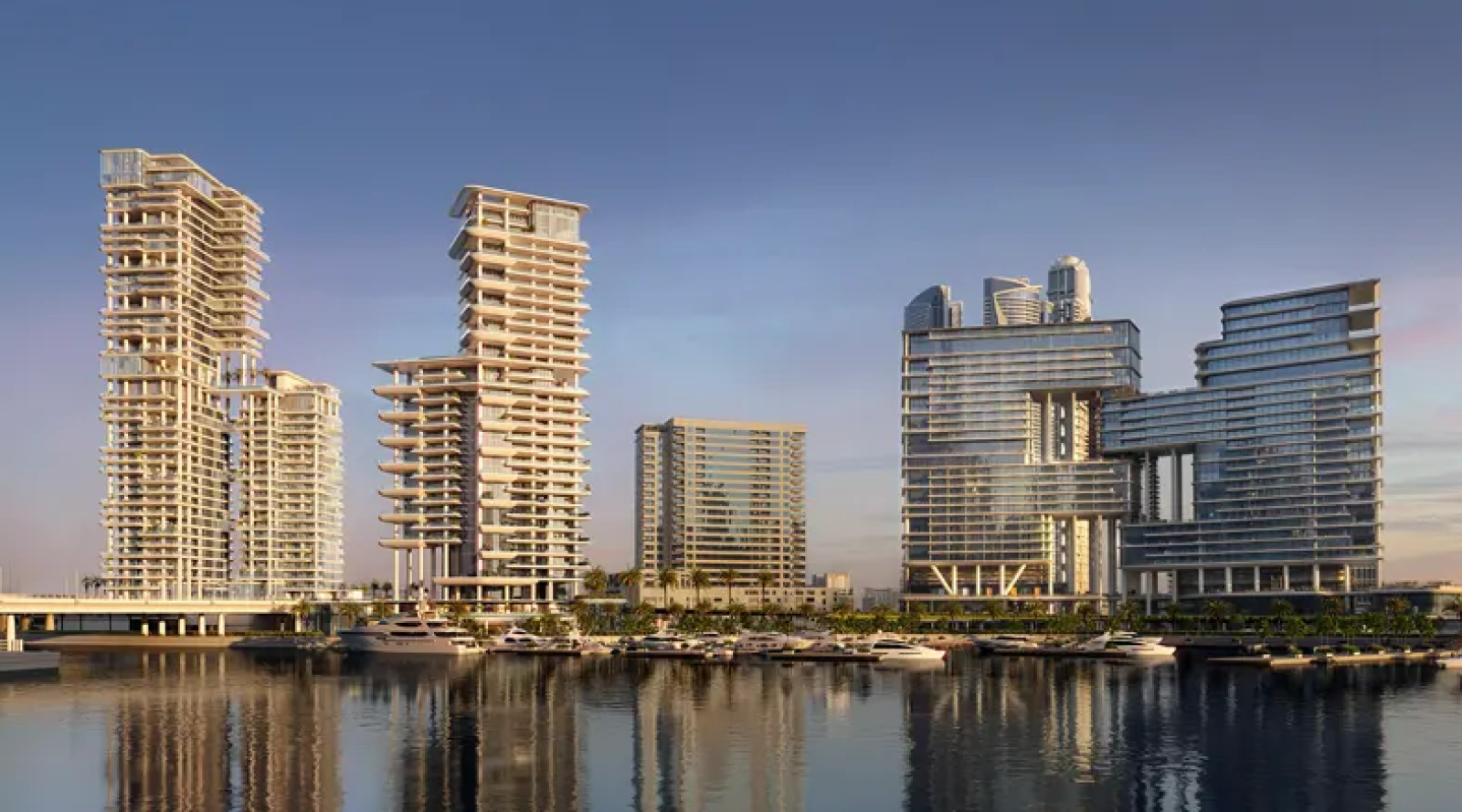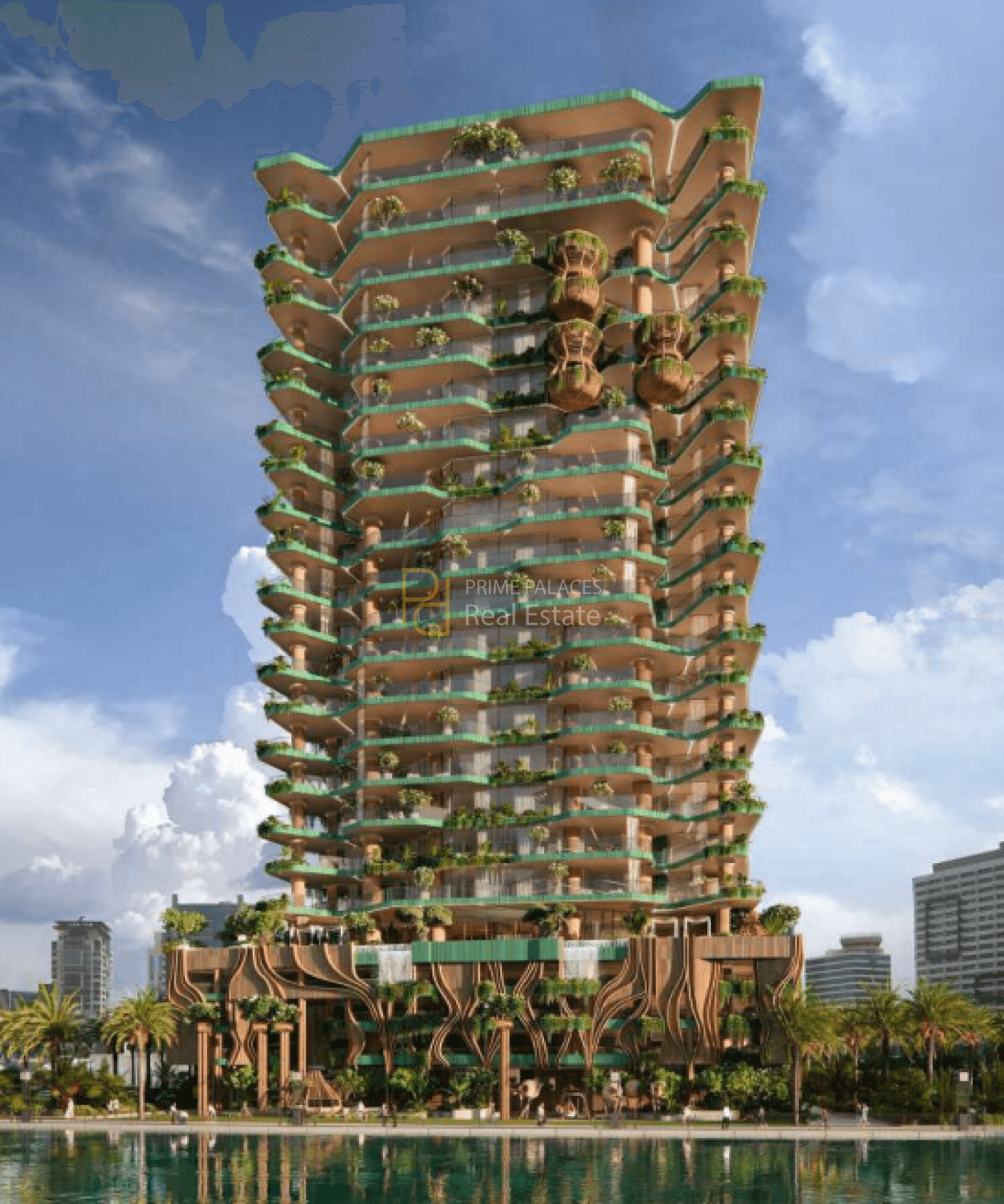How to Transfer Property Ownership in Dubai
Whether you're selling, gifting, or restructuring your investment, understanding how to transfer property ownership in Dubai is essential for a legal and efficient transaction. Dubai’s real estate laws ensure transparency and security, but the process requires careful compliance with documentation, government regulations, and fees.
Here’s a step-by-step guide for individuals and investors navigating property transfers in the Dubai property market.
1. Types of Property Ownership Transfers
Ownership transfer can occur in several scenarios:
-
Sale or resale to a new buyer
-
Gifting property between first-degree relatives
-
Inheritance or succession through legal channels
-
Corporate ownership transfers for business-held properties
The exact process depends on the reason for transfer, but all are governed by the Dubai Land Department (DLD) and subject to regulation.
2. Required Documents for Transfer
To initiate a property ownership transfer in Dubai, the following documents are generally required:
-
Original title deed
-
Valid Emirates IDs of buyer and seller
-
Passport copies (for non-residents)
-
Signed Memorandum of Understanding (MoU)
-
No Objection Certificate (NOC) from the developer (for freehold properties)
-
Power of attorney (if a representative is acting on behalf of either party)
For gifted properties, additional documentation like a kinship certificate or legal affidavit is needed.
3. Step-by-Step Property Transfer Process
Step 1: Agreement and MoU Signing
The buyer and seller sign a legally binding MoU that outlines the terms, sale price, and timelines. A deposit (usually 10%) is held in trust or by the broker.
Step 2: Developer NOC Application
The seller must obtain a No Objection Certificate from the developer to ensure there are no outstanding service charges or violations. The NOC fee ranges between AED 500 and AED 5,000.
Step 3: Appointment at Dubai Land Department (DLD)
Both parties visit a DLD trustee office to complete the transfer of property ownership in Dubai. The buyer pays the 4% transfer fee, and all parties sign the official transfer contract.
Step 4: Issuance of New Title Deed
Once the transaction is processed, DLD issues a new title deed in the buyer’s name. The entire process can be completed in a single day if all documents are in order.
4. Fees and Costs Involved
Typical costs include:
-
4% DLD transfer fee (paid by buyer unless negotiated)
-
AED 580–4,000 trustee office fee (depending on property value)
-
Broker commission (typically 2%)
-
NOC fee from developer
-
AED 250–500 for title deed issuance
It’s important to factor these into your transaction budget to avoid surprises.
5. Special Cases: Inheritance and Gifts
When property is transferred through inheritance or as a gift among first-degree relatives, the 4% DLD fee is reduced to 0.125%, provided the relationship is legally verified. These transfers must still go through DLD and follow formal procedures.
6. The Role of Real Estate Brokers and Legal Support
Professional assistance ensures accuracy and prevents delays. Real estate brokers in Dubai can help coordinate the process, verify legal documents, and manage communications with developers and DLD. For complex cases, a property lawyer may also be involved.
Conclusion
Understanding how to transfer property ownership in Dubai is key to ensuring compliance, protecting your investment, and avoiding legal complications. Whether buying, selling, or gifting, following the proper steps and working with experienced professionals ensures a smooth and secure transaction in the Dubai real estate market.

